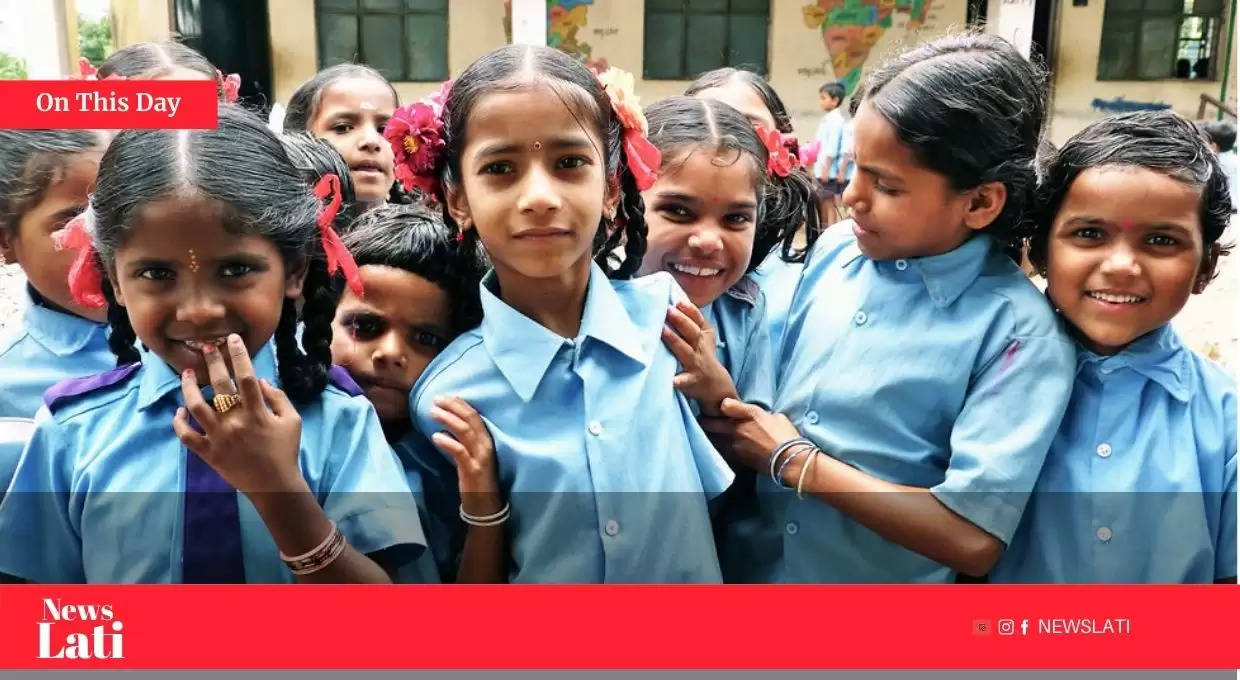India's Education System on the Brink of Collapse: A Critical Analysis
Exposing the Failures and Challenges Within the Indian Educational Framework

-
Examination of systemic failures in the Indian education system.
-
Discussion on the impact of outdated curricula and lack of practical education.
-
Analysis of the role of political and economic factors in educational decline.
India's education system is facing a critical juncture, with numerous reports and analyses indicating a systemic collapse. The post by Tanmoy (@tanmoyofc) on X has brought attention to this pressing issue, sparking discussions across various platforms. The critique isn't merely anecdotal but is backed by factual observations that highlight the deep-seated problems plaguing the education sector in India.
One of the primary concerns is the quality of education, which varies drastically between urban and rural areas. In urban settings, private institutions often charge exorbitant fees, making quality education inaccessible to many, while government schools, though more affordable, suffer from inadequate infrastructure and resources. This disparity contributes to a significant educational inequality across the nation, as noted in an article from ClearIAS, which discusses the broader issues of access and equity in Indian education
How India's Education System Is Collapsing 💥
— তন্ময় l T͞anmoy l (@tanmoyofc) January 3, 2025
Indian Education System EXPOSED with FACTS 👇
The Dark Side of the Indian Education System.
Here are several points that highlight how poorly our Indian Education System is being run.#SavitriBaiPhuleJayanti#SavitribaiPhule… pic.twitter.com/YBHeyhBJRn
The curriculum in many Indian schools and colleges remains outdated, failing to equip students with the skills necessary for the modern job market. This issue is compounded by a heavy reliance on rote learning rather than fostering critical thinking and practical application, as discussed in a piece from 21kschool.com (). The lack of vocational training and practical skills education is particularly concerning, given the global shift towards skill-based economies
Political and economic influences also play a significant role in the deterioration of the education system. For instance, the governance and funding issues highlighted in the Times of India article point to inadequate financial allocation towards education, which affects everything from teacher salaries to school facilities (). Moreover, the influence of political parties in educational institutions, as suggested by comments in the X thread, indicates a system where educational priorities might be swayed by political agendas rather than educational needs.
The Indian Express has also reported on the government's attempts to address some of these issues through policy reforms, like the introduction of new educational programs and increased funding, yet these efforts seem like a drop in the ocean given the scale of the problem (). The challenge remains in implementing these reforms effectively across the diverse landscape of India's educational institutions.
In conclusion, the collapse of India's education system is not a sudden event but a result of long-standing issues that have been exacerbated over time. Immediate and comprehensive reforms are essential to reverse this trend, focusing on equitable access, curriculum modernization, and fostering an education system that prepares students for real-world challenges. The dialogue initiated by Tanmoy's post on X serves as a crucial reminder of the urgent need for action in this sector.
